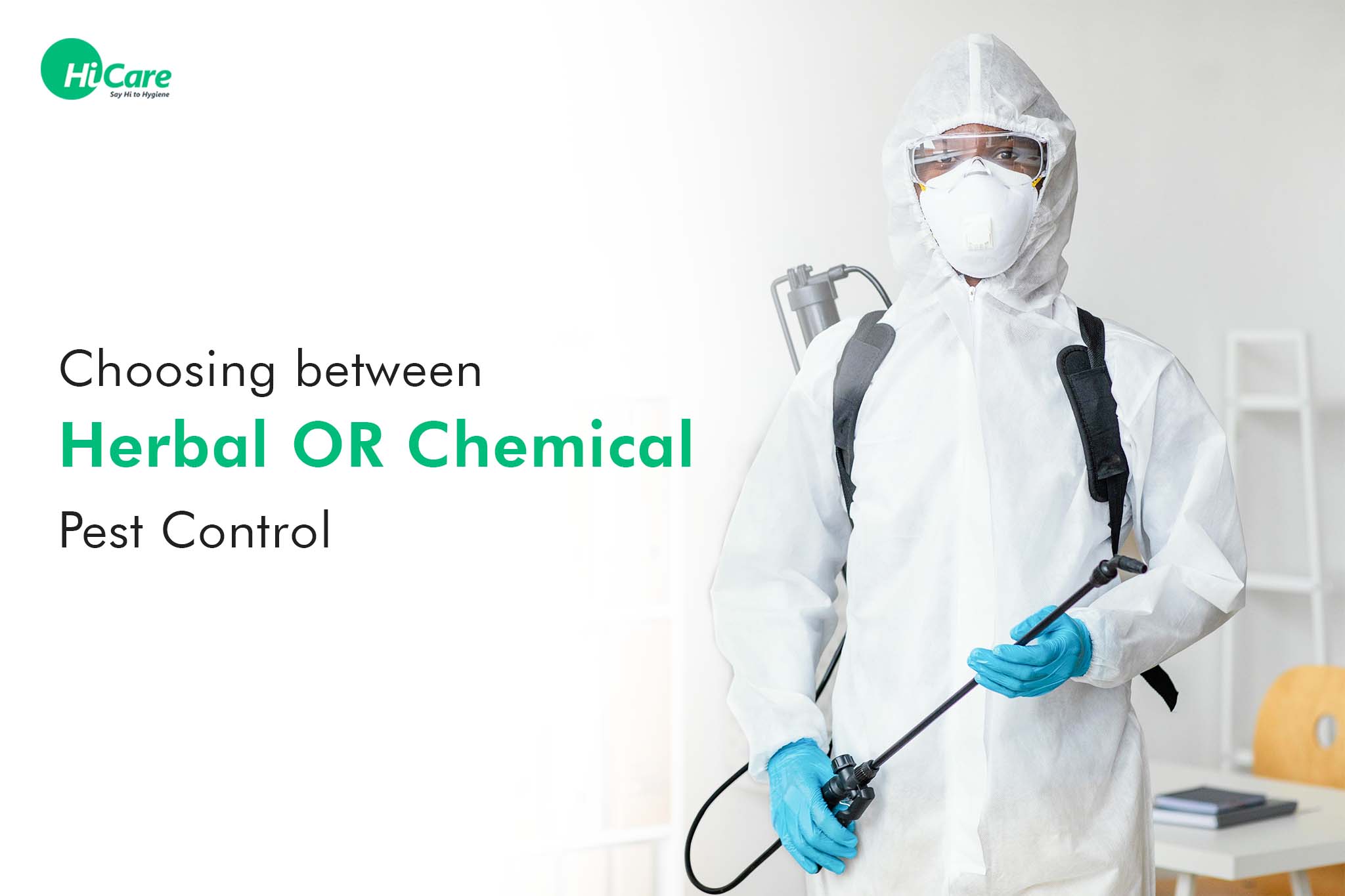Efficient Parasite Control Providers: A Comprehensive Take A Look At Elimination Techniques and Prevention Steps
In the realm of parasite control services, the effective management of invasions calls for a thorough strategy that incorporates different methods and measures for both eradication and prevention. From Integrated Pest Administration (IPM) approaches that focus on lasting solutions to chemical extermination strategies developed for targeted elimination, the collection against parasites is large and complex.

Integrated Bug Administration (IPM) Approaches
Integrated Pest Administration (IPM) Approaches incorporate a thorough technique to pest control that focuses on prevention, control, and monitoring approaches to effectively handle bug populations. By integrating various methods, IPM intends to reduce the effect of insects while likewise decreasing the dependence on chemical pesticides. Prevention lies at the core of IPM, stressing techniques like appropriate hygiene, upkeep of hygiene, and securing access factors to discourage insects from infesting buildings.
Chemical Elimination Techniques
Chemical extermination techniques are typically employed in parasite control services to effectively remove pest populaces that position a hazard to human health and residential or commercial property. These strategies entail making use of various chemical compounds particularly created to target and get rid of insects such as bugs, rats, and various other undesirable creatures. The application of pesticides, pesticides, rodenticides, and various other chemical representatives is carefully managed to make certain maximum effectiveness while reducing threats to human beings, animals, and the environment.
One of the crucial advantages of chemical elimination strategies is their capability to offer fast and targeted outcomes, making them particularly helpful in cases of serious problems or urgent pest control requirements - portland exterminators a1 for bed bugs. Nonetheless, it is necessary to highlight the value of proper handling, application, and disposal of these chemical items to stop unintended harm
Moreover, incorporated insect administration (IPM) strategies commonly combine chemical extermination techniques with other techniques such as cleanliness, habitat adjustment, and biological controls to create a detailed and sustainable insect control approach. By including chemical extermination methods carefully within an IPM structure, parasite control solutions can properly handle insect populaces while lessening possible threats to human health and the atmosphere.
Biological Parasite Control Techniques
Employing natural killers and bloodsuckers to handle parasite populations is a lasting technique referred to as organic parasite control. This method takes advantage of the natural systems of the ecological community to regulate insect populaces without depending on artificial chemicals. One typical organic control approach involves introducing all-natural opponents of the target pest species, such as ladybugs for aphid control or nematodes for termite problems. These all-natural killers feed on the insects, aiding to keep their populations in check.
An additional effective biological control strategy is the use of microbial pesticides. These use this link are normally occurring microbes, such as fungi, germs, and infections, that specifically target and infect certain bug types. By making use of these microbial agents, insect populaces can be efficiently minimized without causing or harming valuable microorganisms harm to the atmosphere.
Physical Bug Prevention Procedures
Carrying out physical parasite prevention steps entails using obstacles and structural modifications to discourage insects from infesting a residential explanation or commercial property or going into. Installing door sweeps, displays on windows, and sealing fractures in the structure can aid stop insects like bugs and rats from acquiring access inside your home.
Another physical prevention measure is the usage of barriers like fencing to maintain larger insects such as raccoons or deer away from the building. By carrying out these physical parasite prevention actions, property owners can considerably minimize the risk of bug problems and the damage they can cause.
Specialist Bug Examination Procedures
Carrying out detailed and organized bug examinations is a fundamental facet of specialist parasite monitoring protocols. Professional insect assessors are educated to thoroughly examine properties for signs of problems, determining pest species, access factors, and favorable conditions.

Final Thought
To conclude, reliable parasite control solutions employ a variety of methods, consisting of Integrated Pest Monitoring methods, chemical elimination approaches, biological controls, and physical prevention actions. Professional bug inspection procedures play a critical function in identifying and dealing with pest issues in a prompt way. By carrying out a combination of these techniques, home owners can effectively stop and handle bug invasions.
From Integrated Bug Management (IPM) strategies that prioritize sustainable services to chemical extermination methods designed for targeted removal, the collection versus pests is vast and complex.Integrated Pest Management (IPM) Strategies incorporate a comprehensive technique to pest control that focuses on monitoring, control, and avoidance approaches to effectively handle bug populations.Chemical elimination methods are generally used in parasite control services to successfully eliminate pest populations that posture a risk to human wellness and residential or commercial property.Utilizing all-natural killers and bloodsuckers to manage pest populaces is a lasting approach recognized as organic insect control.In conclusion, reliable pest control services use a variety of strategies, including Integrated Insect Administration approaches, chemical extermination techniques, biological controls, and physical prevention actions.